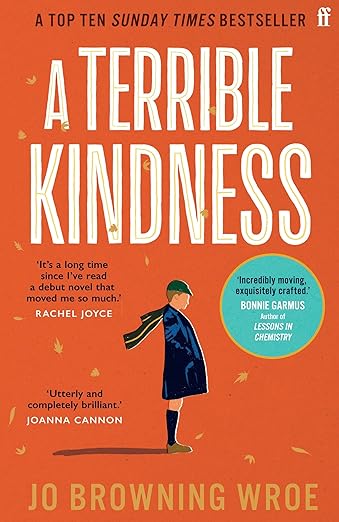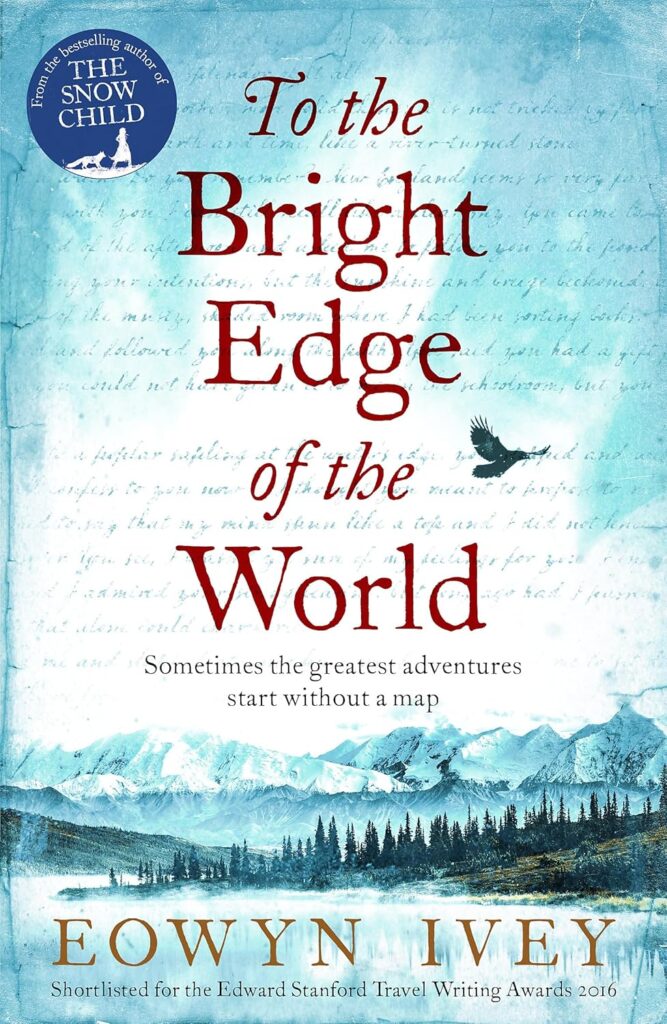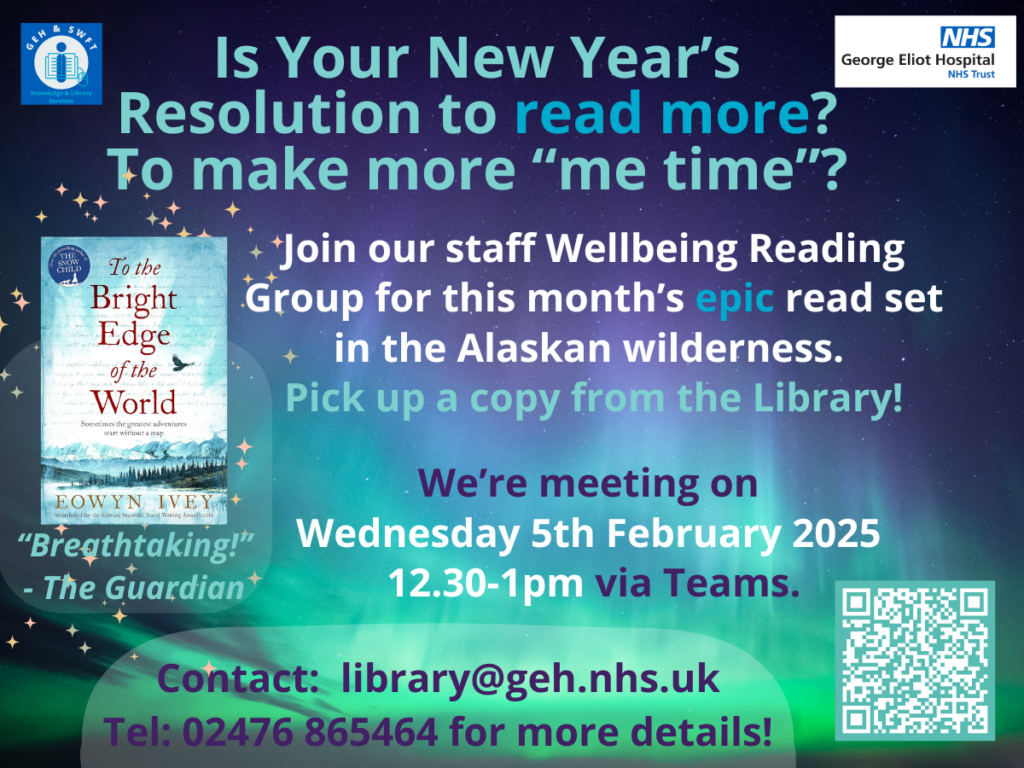For more information about the tragedy see:

The Wellbeing reading group at GEH started the year off with an emotional read, A Terrible Kindness by Jo Browning Wroe. It starts in 1966 with William, a newly qualified embalmer, traveling to Aberfan in Wales to assist with the embalming of the victims of the Aberfan disaster. A spoil tip from the colliery collapsed, flooding into the village and killing 116 children and 28 adults and demolishing the village school and several houses
For more information about the tragedy see:
Guardian- A noise like thunder then my classroom went black
The book follows William, examining the effects of the disaster on his life, as well as dipping back into his childhood, the death of his father, his time at a chorister boarding school, and his relationships with his mother, his uncle, his wife and his best friend at school.
Our readers thought the book was wonderful, although everyone mentioned how emotional it was to read- some of our number were brought to tears by the storytelling. A couple of our regular readers specifically chose not to read the book, fearing that it would be triggering, or too emotive a subject. We discussed the ethical issues around using a real disaster in a fiction book, and throughout our meeting we wondered which events and characters were real and which were fiction.
We felt the novel was very well written, sensitive to its subject matter and not at all sensationalist in dealing with such a tragic event. The short chapters were easy to read, and the author effortlessly moved back and forth in the timeline of William’s life without confusing us. Flashbacks and time changes in a novel can be disorienting to the reader, so this was very well done. There were key themes of redemption, love, homosexuality and homophobia, tragedy and grief and they were all treated with kindness and woven into the story. In particular the sections dealing with embalming were treated very sensitively. A topic none of us had really considered before reading the book, our readers came away with a better understanding of the functions involved, but also an appreciation of why William was drawn to the profession. It was heartwarming to read of the care and respect with which he performed these duties and the peace he found in this solitary activity. We were all drawn in to the novel and wanted the best for William.
Music was a recurring theme through the book- Allegri’s Miserere and the Welsh song Myfanwy in particular. We talked about the impact on us of the mass Aberfan funeral and William singing Myfanwy on a hillside. The unthinkable tragedy of the families who lost children was something we all felt. Some of us had listened to the music after reading about how important it was to William’s life and rehabilitation. Find out more about each piece below.
Miserere
Classic FM on the lyrics and origins of the Miserere, including the truth about the legend of Mozart transcribing the music after hearing it in the Sistine Chapel.
https://www.classicfm.com/composers/allegri/miserere-mei-lyrics-origins/
Myfanwy
Lyrics in Welsh and English and more about the history of the song
https://www.felinfach.com/pages/myfanwy-myfanwy-lyrics-myfanwy-song
Would we recommend it? Well, yes but with caution- it’s not for everyone and it’s a very emotionally charged and potentially triggering read, so we’d choose who to recommend it to carefully. With that said, we gave it a solid 8/10, with at least one person voting it a 9.


Our next read is To the Bright Edge of the World by Eowyn Ivey. If you’d like to join us in February to discuss the book, pop into the library to pick up a copy.
Find out more about our reading groups here
Take a look at the blog posts for our previous reads here.

